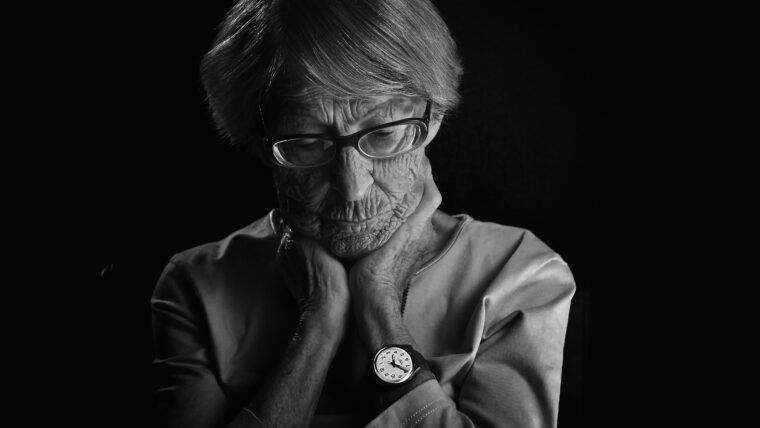
A living link to a horrific past.
Over the past few months, several stories with a World War II connection have slipped into the news. One of the most compelling was about a German TV documentary called A German Life. Read more

Over the past few months, several stories with a World War II connection have slipped into the news. One of the most compelling was about a German TV documentary called A German Life. Read more
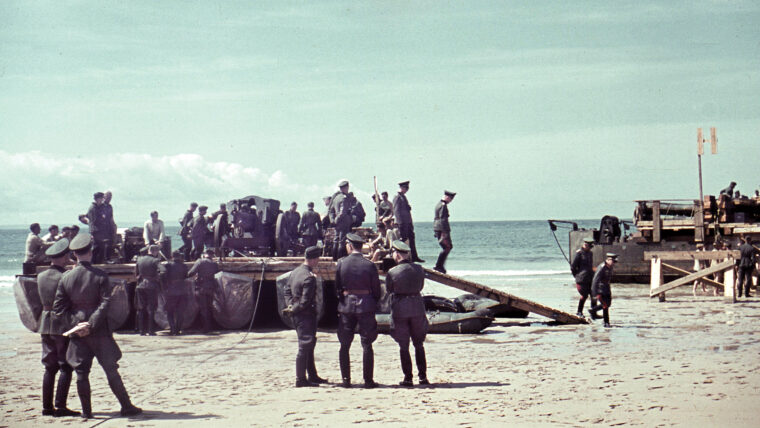
Major Graf Von Kielmansegg, an officer in Germany’s 1st Armored Division based near Orleans, France, was dragged from a cinema on the night of August 28, 1940, and told to report to his chief of staff. Read more
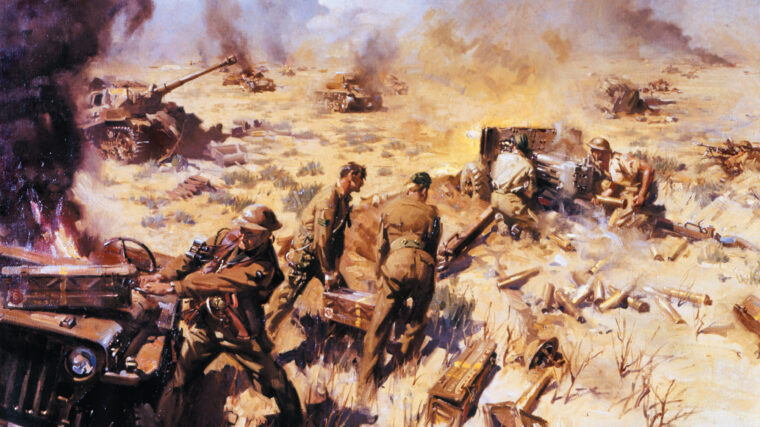
An old cliché admonishes, “Bad things always come in threes.” Whether it was thought of as a law of nature or merely coincidence, a rapid succession of events in North Africa during the summer of 1942 seemed to confirm this widely held notion among the officers and men of the British Eighth Army. Read more
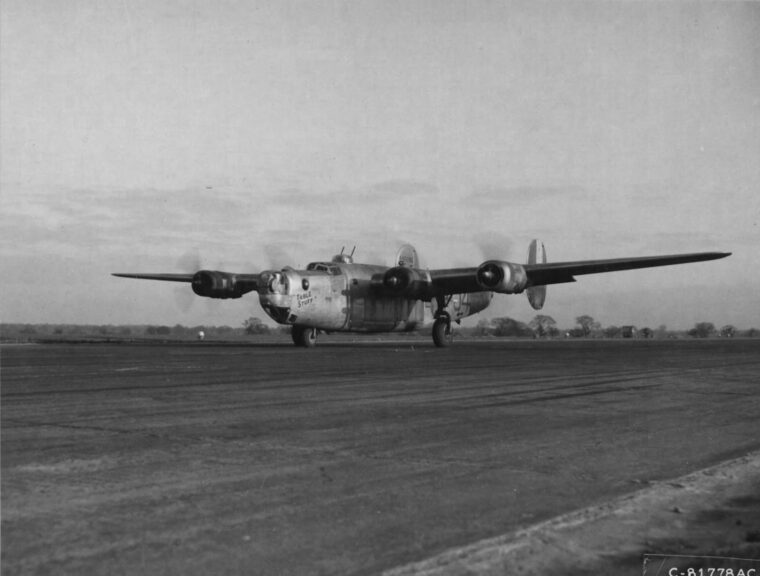
As soon as one caveman threw a rock in anger at another, the human race took a giant step forward in warfare. Read more
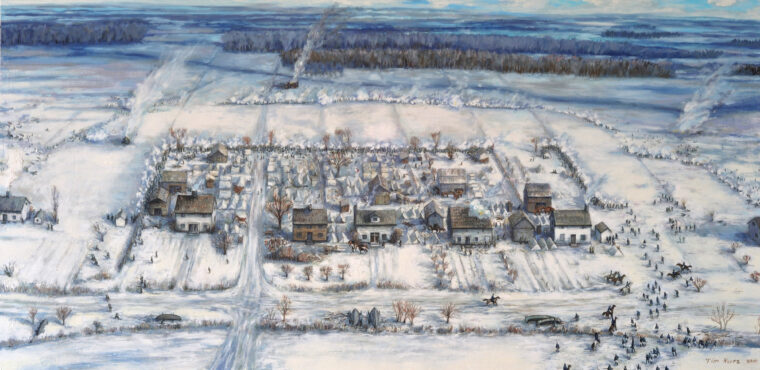
It had been eight years since Jane Logan Allen’s husband, Colonel John Allen, had departed with his regiment. Read more
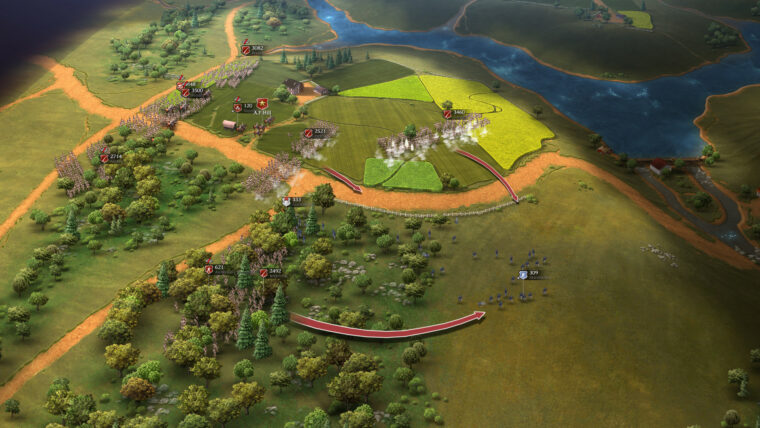
Back in 2014, developer Game-Labs released a nice little strategy game called Ultimate General: Gettysburg, which was met with generally high praise. Read more
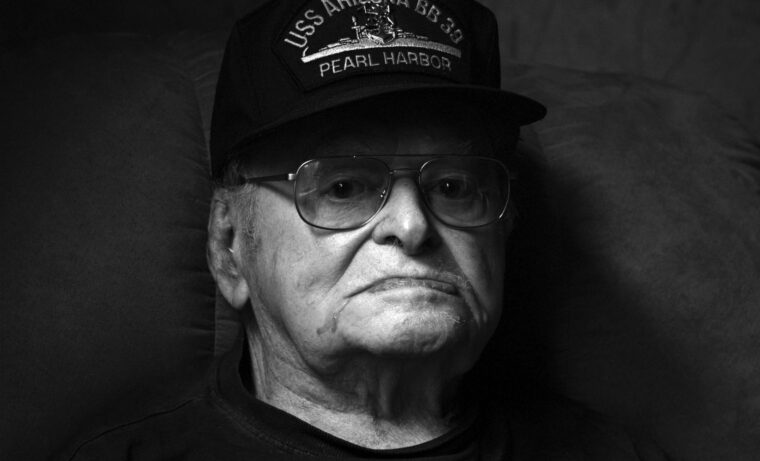
When Raymond Haerry passed away last September the quite exclusive club to which he belonged dwindled to five remaining members. Haerry was one of the few men who had served aboard the battleship USS Arizona in Pearl Harbor on December 7, 1941, and survived the Japanese attack and subsequent explosion that devastated the warship and killed 1,177 U.S. Read more
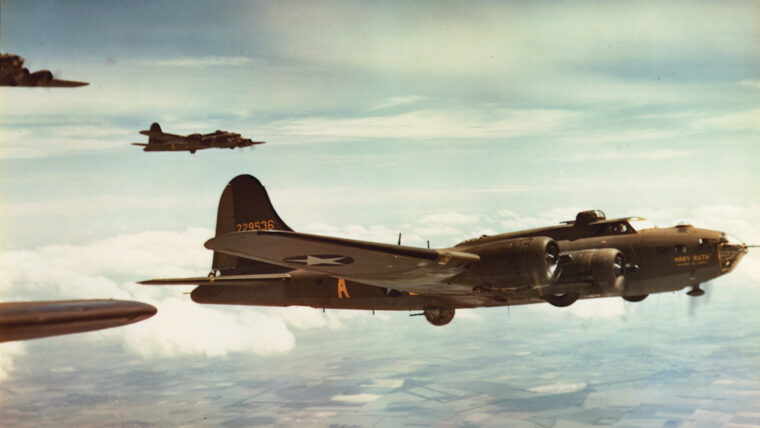
Behind the strategy that governed the American air war in Europe during World War II lay events and ideas that dated back to World War I and the 1920s. Read more
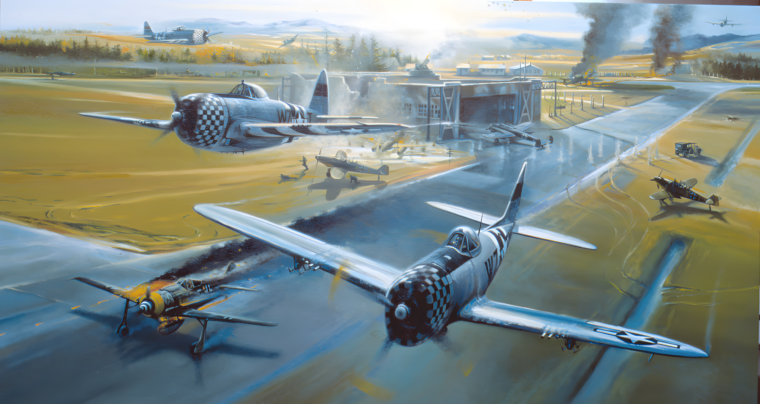
The captured German pilot was cocky and boastful. He had just parachuted into the American airfield, now lit up by the fires of burning Republic P-47 Thunderbolts, a sprinkling of bright torches amid the gray January gloom and the dirty white snow. Read more
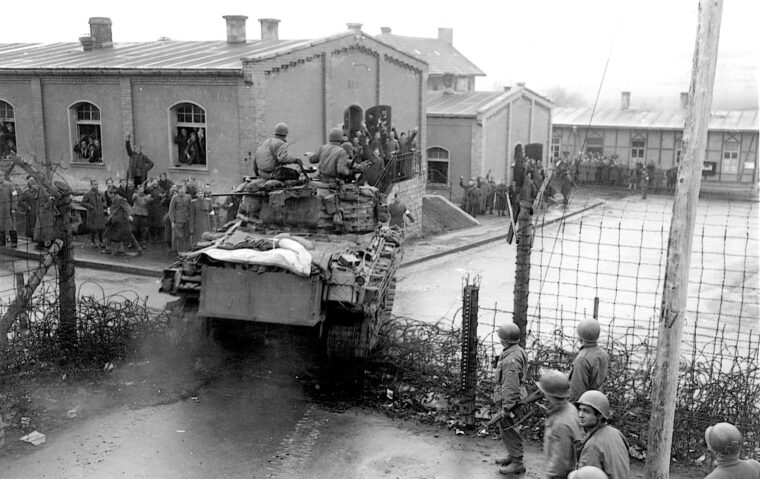
In the wan North African light on February 14, 1943, Lt. Col. John Waters watched columns of dust rise from the east. Read more
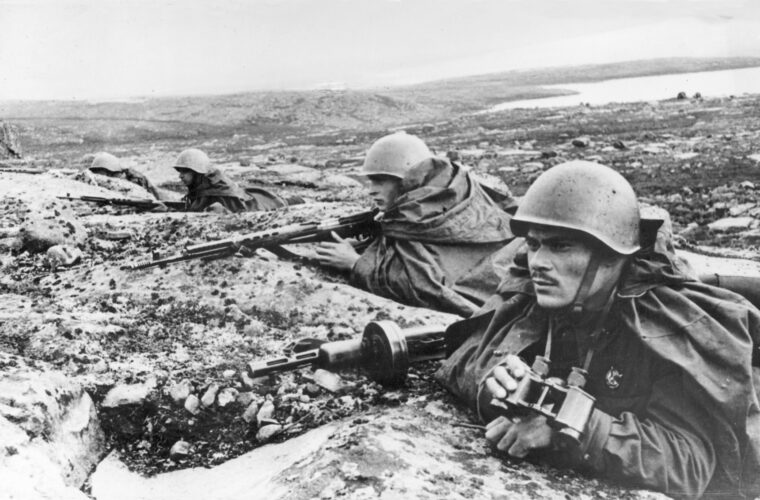
The year 1943 began badly for the German Army on the Eastern Front. After a great struggle at Stalingrad, German Field Marshal Friedrich Paulus surrendered himself and his Sixth Army on January 31. Read more
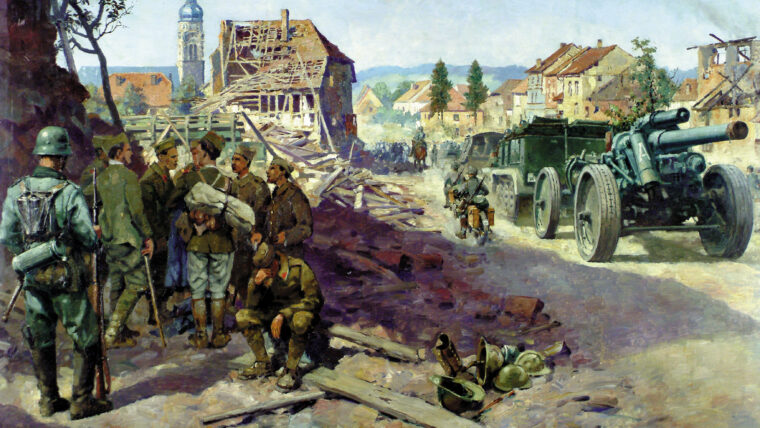
Andrei Andreievich Vlasov, one of Soviet dictator Josef Stalin’s favorite generals, played a key role in saving Moscow from Adolf Hitler’s armies during the winter of 1941-1942. Read more
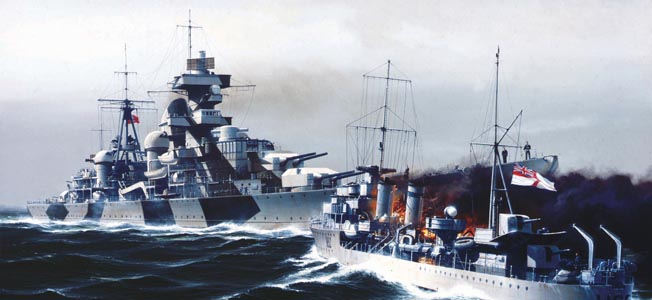
The great waves were huge and black, greedy tentacles of the North Sea clawing and snatching at the battered ships struggling in the icy dark. Read more
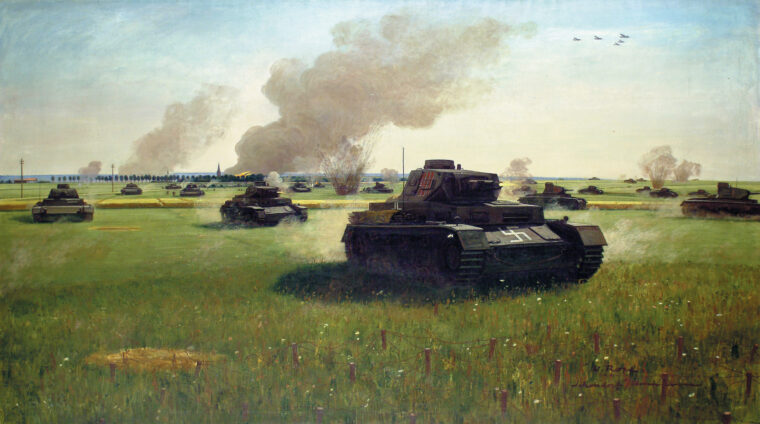
May 10, 1940, marked the beginning of the war in western Europe. Nazi-controlled Germany invaded Holland, Belgium, Luxembourg, and France. Read more
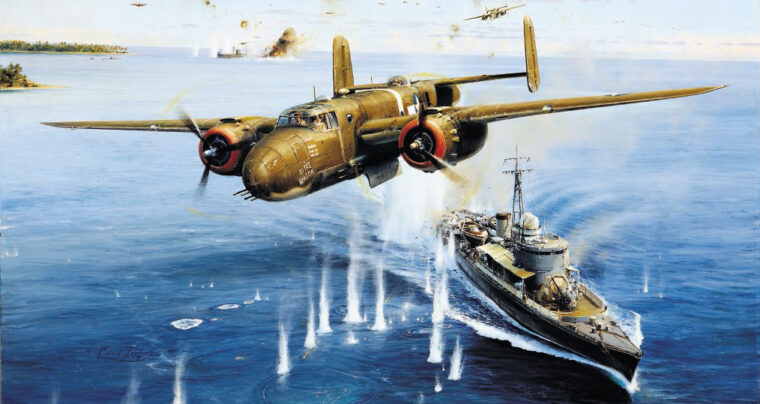
Most military historians consider the Battle of Midway to be the turning point of World War II in the Pacific. Read more
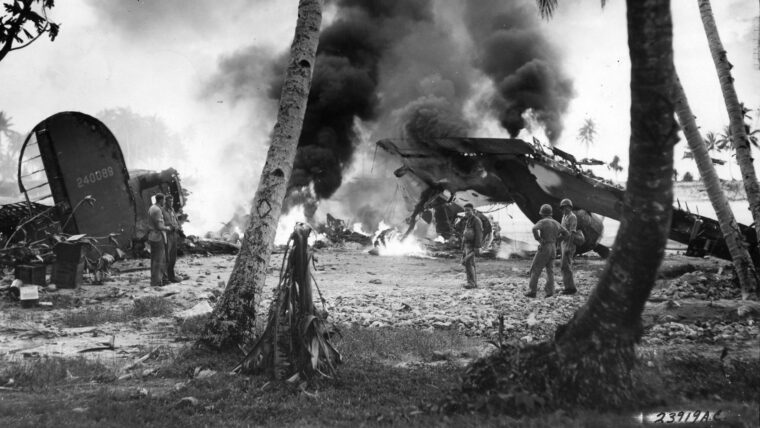
Consolidated B-24 Liberator bomber crews of the U.S. 11th Bombardment Group spent the first three months of 1943 organizing on Hawaiian airfields and flying practice and patrol missions around the islands. Read more
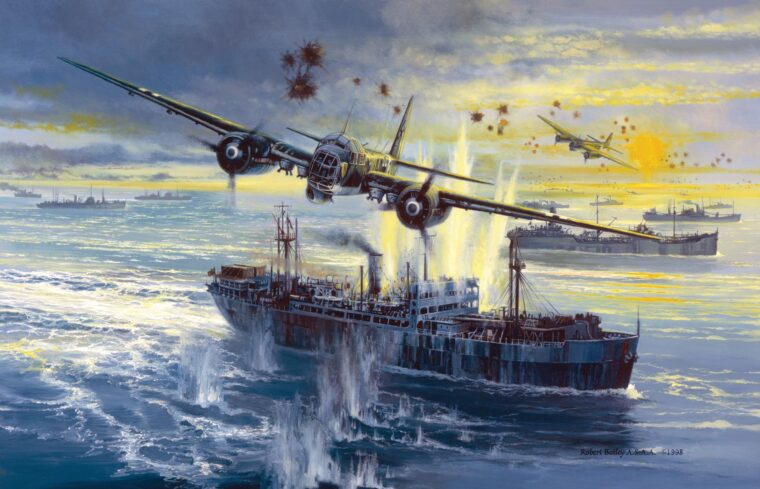
British Prime Minister Winston Churchill had made the promise to Soviet Premier Josef Stalin, and Admiral Sir John Tovey of the Royal Navy had to keep it: to sail three convoys loaded with critical supplies from Britain to Russia every two months, with 25 to 35 ships in each convoy. Read more
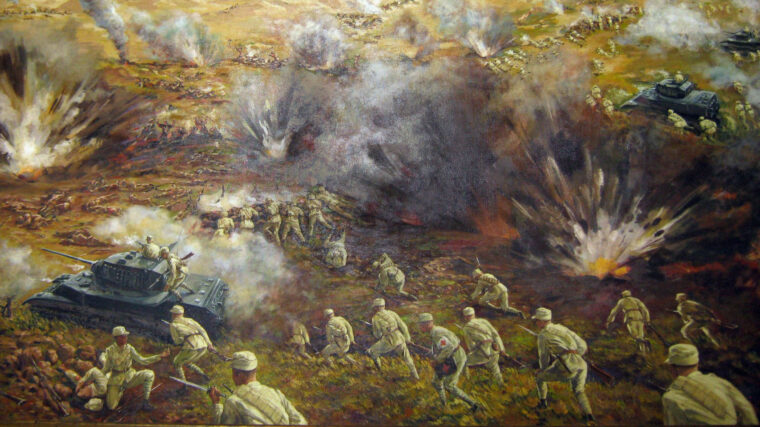
In October 1949, the government of the Republic of China faced the greatest crisis in its history. Read more
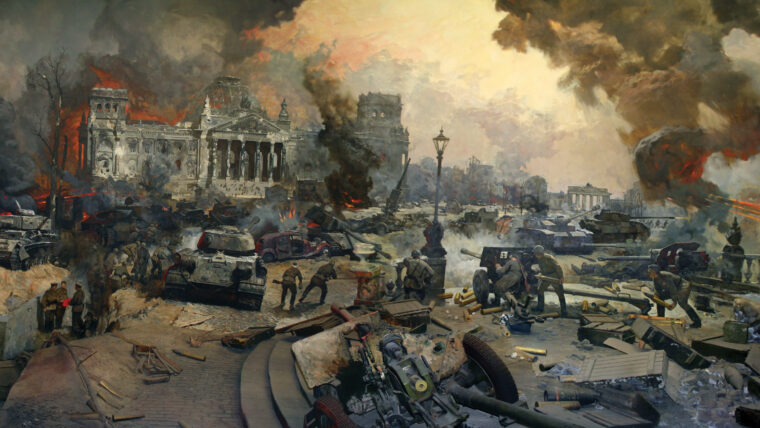
The Battle of Berlin began with what a German colonel called “a dull, continuous roar of thunder from the east.” Read more
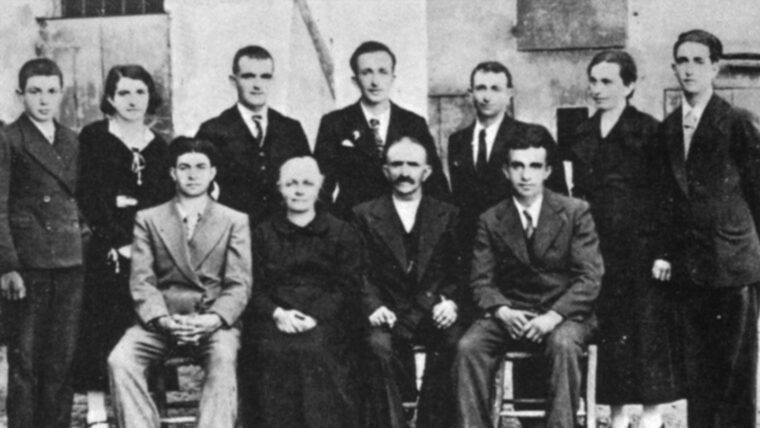
In March 1940, Benito Mussolini met with Adolf Hitler near the Brenner Pass on the border between Austria and Italy. Read more